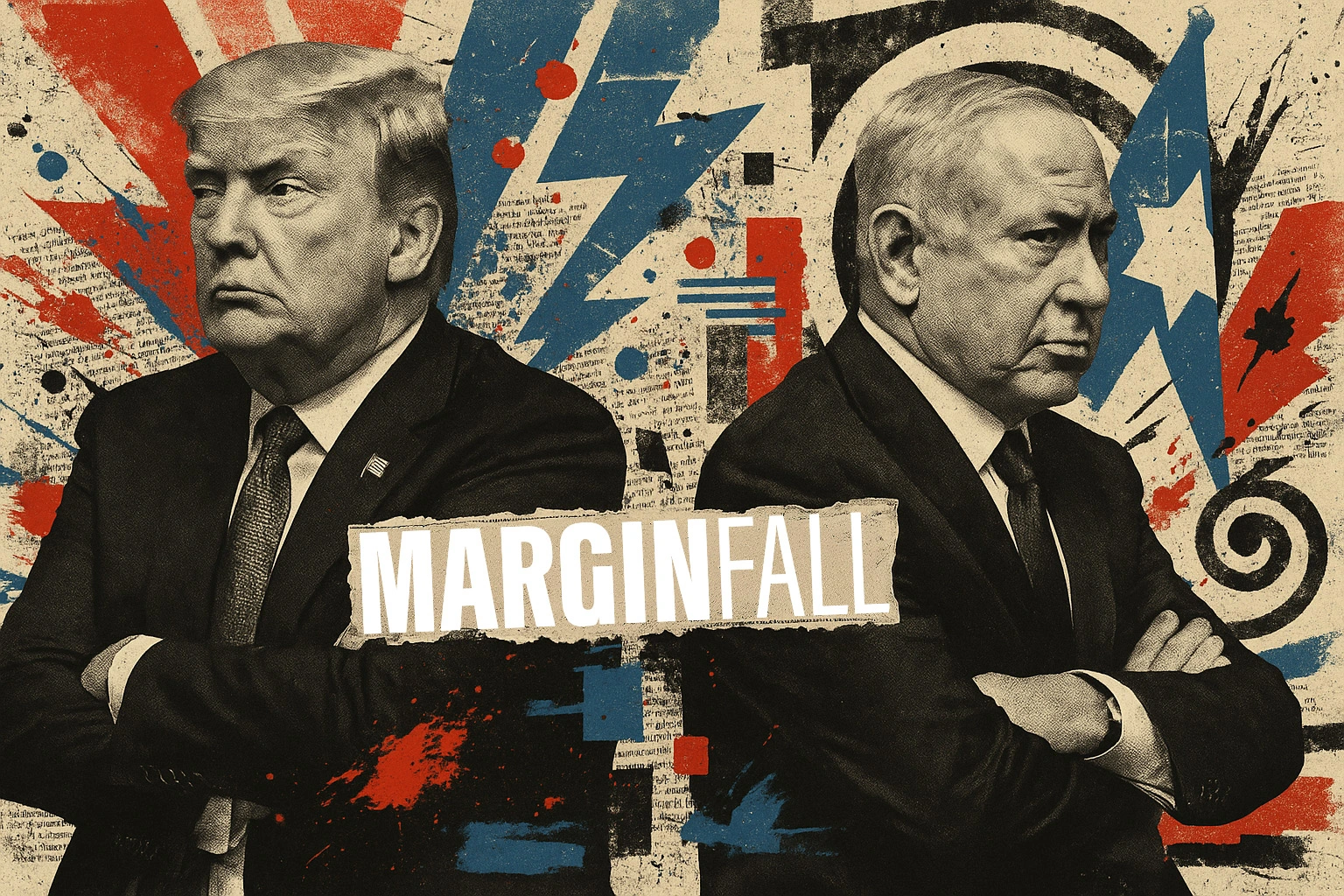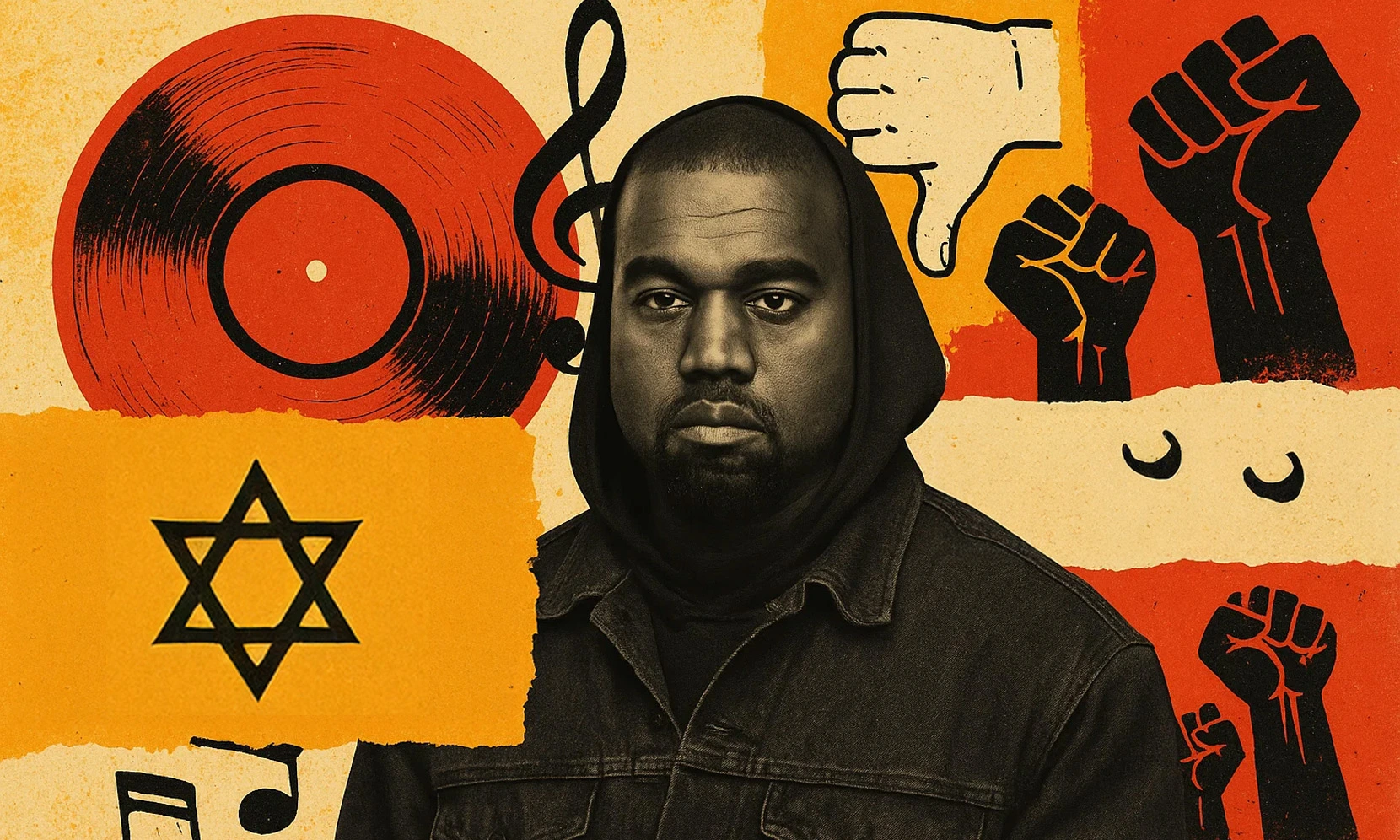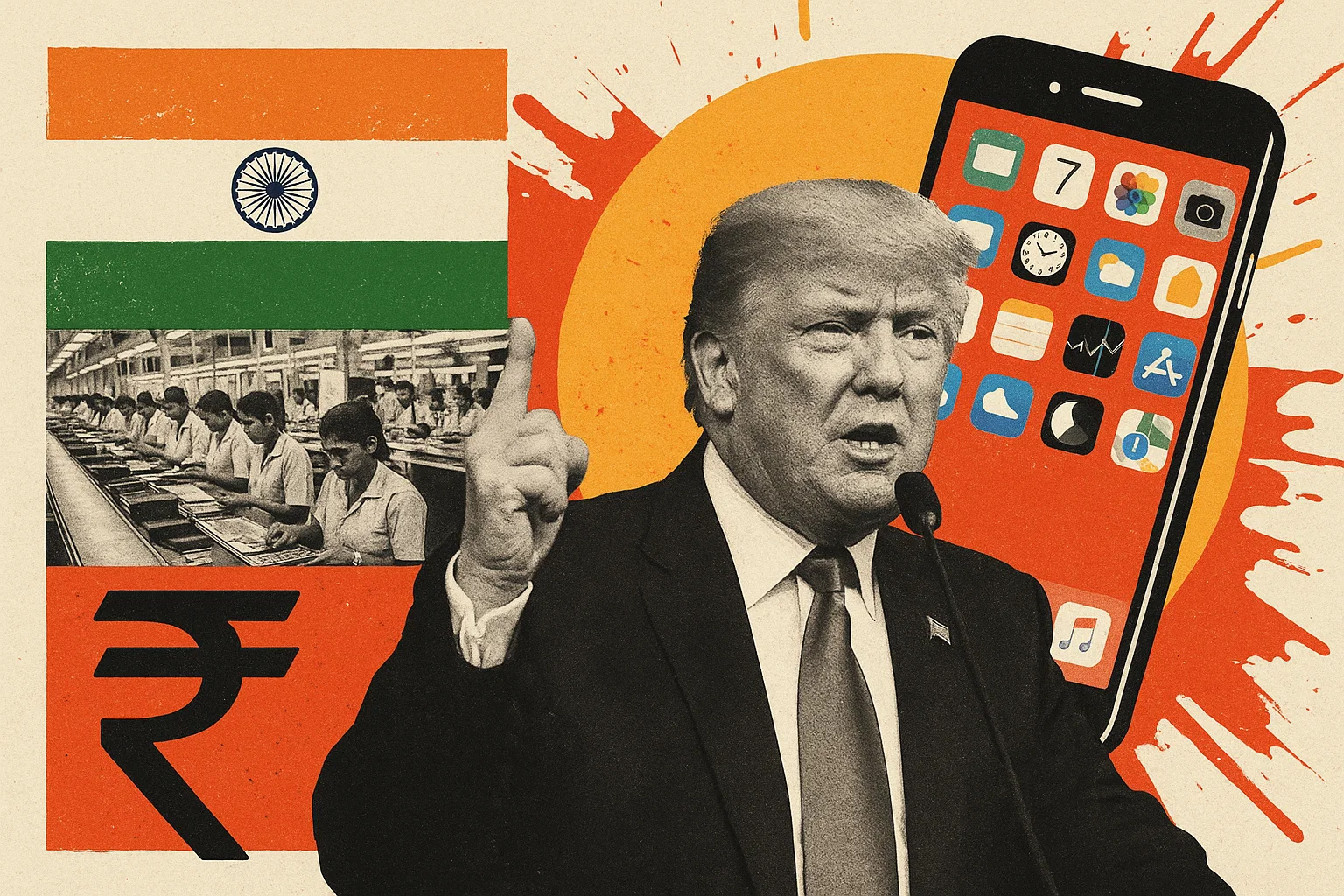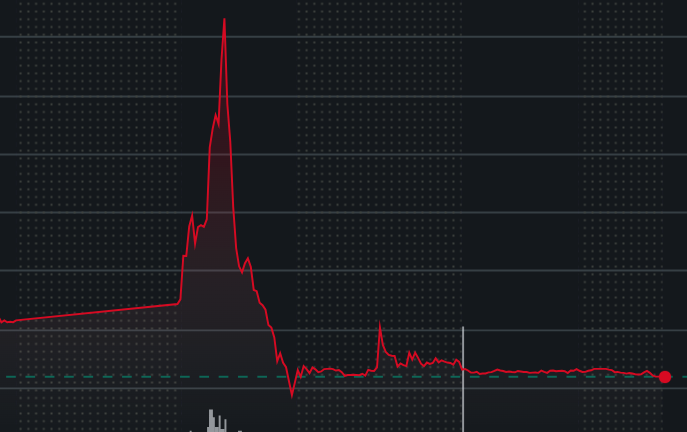Kanye West (Ye) and His Controversies Involving the Jewish Community: Full Timeline Explained

Timeline of Antisemitic Statements and Actions
2013 – Early Accusations: Kanye West’s first public brush with antisemitism came in a 2013 radio interview, where he suggested that Black people didn’t have the same “connections” as Jewish people – a remark widely criticized as invoking harmful stereotypes. The Anti-Defamation League (ADL) denounced the comment as “classic anti-Semitism” at the time. This incident foreshadowed later controversies, although West (who now goes by Ye) did not yet face broad backlash in 2013.
October 2022 – “Death Con 3” Tweet: Nearly a decade later, Ye ignited a firestorm with a series of overtly antisemitic posts. On October 8, 2022, after having an Instagram post removed for antisemitic content, Ye tweeted: “I’m a bit sleepy tonight but when I wake up I’m going death con 3 On JEWISH PEOPLE… The funny thing is I actually can’t be Anti Semitic because black people are actually Jew also”. (He appeared to mean “Defcon 3,” a U.S. military alert level.) In the same Twitter thread, he accused Jews of having “toyed” with him and “tried to black ball” anyone opposing their “agenda”. These tweets – effectively a threat (“death con 3”) against Jewish people – were removed by Twitter for violating hate-speech policies, and Ye’s account was locked. The posts came on the heels of an Instagram exchange in which Ye told fellow artist Sean “Diddy” Combs that “Jewish people” were influencing Combs – comments that got his Instagram account restricted.
Ye’s “death con 3” tweet drew immediate and widespread condemnation. Prominent figures in entertainment, civil rights, and politics denounced the remarks as antisemitic and dangerous. Hollywood power agent Ari Emanuel publicly urged all businesses to cut ties with Ye. The backlash came on the heels of Ye wearing a controversial “White Lives Matter” shirt at Paris Fashion Week. As controversy mounted, brands and partners began distancing themselves. Adidas, which produced Ye’s lucrative Yeezy fashion line, announced on October 6 that its partnership was “under review.”
Late October 2022 – Loss of Major Deals
As Ye continued to double down in interviews, major corporate partnerships collapsed. On October 24, CAA dropped Ye as a client. The next day, Adidas terminated its partnership entirely, calling his comments “unacceptable, hateful and dangerous.” Balenciaga ended their collaboration, Gap removed Yeezy products from stores, and Foot Locker pulled Yeezy shoes from shelves. Even Ye’s record label, Def Jam, confirmed he was no longer under contract. Forbes estimated Ye lost billions in potential earnings. The artist who had once said, “Adidas can’t drop me,” was suddenly isolated from the industries he had helped shape.
Late 2022 – Antisemitic Rants and Hitler Praise
Rather than apologize, Ye escalated his rhetoric in November and December. He dined with Donald Trump and white supremacist Nick Fuentes. On December 1, 2022, Ye appeared on Alex Jones’s InfoWars show and openly praised Adolf Hitler, saying, “I see good things about Hitler,” and, “I like Hitler.” He added, “I love Jewish people, but I also love Nazis.” That same day, he posted an image combining a swastika and Star of David, prompting Twitter to suspend his account.
2023 – Aftermath, Silence, and a Brief Apology
In early 2023, Ye went quiet. Reports suggested his legal and business teams had quit, and he was facing financial strain. In December 2023, Ye issued an apology in Hebrew on Instagram, saying: “I sincerely apologize to the Jewish community for any unplanned outburst… I regret any pain I may have caused.” The ADL cautiously welcomed the message as a “first step,” though many questioned the sincerity and timing, as it coincided with promotion for his upcoming album “Vultures.”
Early 2025 – Renewed Antisemitic Outbursts
In February 2025, Ye reignited controversy after regaining his X/Twitter account. In a lengthy posting spree, he tweeted, “I love Adolf Hitler,” “Hitler was soo fresh,” and “I AM A NAZI” in all caps. He rescinded his prior apology, declaring: “I’m never apologizing for my Jewish comments.” He released a new Yeezy t-shirt featuring a swastika-like design and accused Elon Musk of stealing “Nazi swag.” His account was reportedly frozen after the tirade.
May 2025 – Release of “Heil Hitler” Song
Ye dropped his most brazen work yet: a track titled “Heil Hitler.” On May 8, 2025, Ye posted a video for a “Hooligan version” of the song, featuring men in animal skins and samples of Nazi propaganda. Ye rapped, “So I became a Nazi, I’m the villain,” and referred to himself as “Yadolph Hitler.” The track also attacked Kim Kardashian and sampled a 1930s Hitler speech. Major streaming platforms pulled the track swiftly, but it still racked up millions of views on X. Ye responded defiantly, vowing to perform it at all future shows.
Reactions from Jewish Organizations, Public Figures, and Fans
Jewish organizations such as the Anti-Defamation League (ADL) labeled Ye’s rhetoric as dangerous and antisemitic, accusing him of promoting tropes about Jewish control. Extremist groups leveraged his words to spread hate, including one banner in Los Angeles stating, “Kanye is right about the Jews.” The LA Holocaust Museum invited Ye for educational dialogue, which he declined. The group StopAntisemitism named him “Antisemite of the Year.”
Industry figures and political leaders like ADL CEO Jonathan Greenblatt, President Joe Biden, and groups like CAIR all condemned Ye. Biden tweeted: “The Holocaust happened. Hitler was a demonic figure.”
Entertainment peers such as Pusha T, John Legend, and Kim Kardashian distanced themselves. Pusha T left GOOD Music, John Legend called the comments “ugly,” and Kim expressed solidarity with the Jewish community. The music industry largely froze Ye out. Hashtags like #CancelKanye trended.
Fan responses were split. Many stopped streaming his music and protested. Some, however, defended his right to free speech or continued to support his music despite the content. Others justified his statements using conspiracy theories. When “Heil Hitler” dropped, some praised its beat despite the lyrics, highlighting Ye’s enduring cultural pull even amidst condemnation.
Ye’s Explanations, Defenses, and Public Responses
Ye has alternated between defiance and superficial apology. He has claimed he can’t be antisemitic because “Black people are actually Jew also.” On Drink Champs, he bragged, “I can say antisemitic things, and Adidas can’t drop me.” On Piers Morgan, he gave a half-hearted apology, but accused “Jewish media” of mistreating him.
In 2023, he issued a Hebrew apology, expressing a desire to “learn.” But by early 2025, he retracted that apology and resumed inflammatory speech. He later claimed he was misdiagnosed with bipolar disorder and actually had autism – a claim unverified and widely viewed as a deflection. Mental health has been cited in some defense of Ye, but many critics argue it does not excuse hate speech.
His PR strategy was erratic at best. Most professionals quit, leaving Ye to post unfiltered online. His rare moments of contrition were quickly undone by renewed outbursts, reinforcing the view that Ye’s antisemitism is not impulsive but persistent.
Diverse Perspectives on the Controversies
Widespread Condemnation: Most voices across industries, communities, and ideologies rejected Ye’s behavior. Jewish leaders, civil rights activists, and fellow artists denounced his statements as dangerous and regressive.
Support from Fringe Groups: Far-right groups and some in the Black Hebrew Israelite movement embraced Ye’s rhetoric. Figures like Nick Fuentes attempted to use Ye to mainstream their extremist ideologies.
Free Speech Concerns: Some fans and cultural commentators raised questions about cancel culture and artistic freedom. But even defenders of free speech often conceded that Ye crossed a clear moral line.
Mental Health Context: Some suggested Ye’s behavior stems from untreated bipolar disorder or a mental health crisis. While acknowledging this, many mental health advocates insist illness does not absolve one of responsibility.
Broader Social Implications: Ye’s rhetoric came amid a rise in antisemitism and conspiracy theories. His comments sparked renewed efforts at interfaith dialogue, education, and community resilience against hate.
Margin Fall’s Take
Ye’s unraveling is a stark reminder of how swiftly celebrity can erode under the weight of hate. From beloved innovator to cultural pariah, Ye’s descent has been as public as it is painful to witness. But the lessons transcend Ye himself. His case spotlights the need for moral clarity, media literacy, and collective boundaries on what we elevate and tolerate. Hate, no matter how artistically delivered, is still hate.
At Margin Fall, we don’t pretend to hold the final word on complex public figures. But we do believe Ye’s journey reflects a wider struggle: how a society built on speech, art, and identity responds when one of its loudest voices chooses provocation over accountability.
The margin between influence and infamy has never been thinner.











